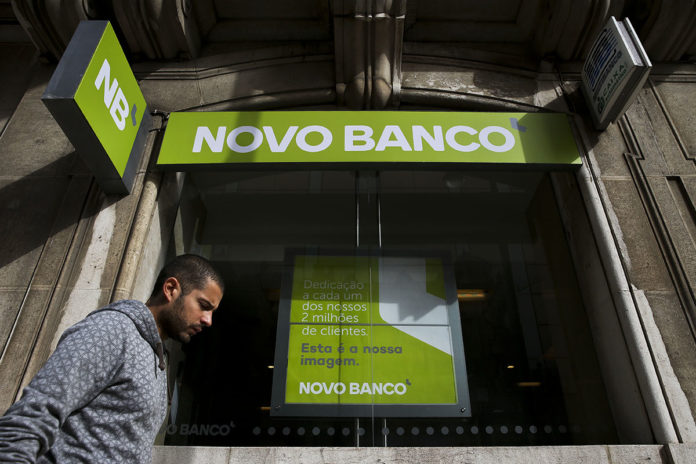Portugal’s attempts at resolving its legacy banking problems are ‘broadly positive’, according to a report by ratings agency Fitch. The agency points out that the new measures regarding the sale of Portuguese banking group Novo Banco, as well as the recently conducted recapitalisation of Caixa Geral de Depósitos (CGD), could help ‘improve investor sentiment toward the banking sector’.
CGD is the parent company of local banking group and currency issuer Banco Nacional Ultramarino (BNU) and issued 500 million euros-worth (MOP4.25 billion/US$531 million) of additional Tier 1 capital notes last month, making way for the ‘2.5 billion euro capital increase by the state’ which ‘restored capital buffers’, notes the agency.
Novo Banco is the parent company of local bank Novo Banco Ásia, S.A., which, among other international assets not part of its ‘core business,’ the company has been trying to sell since last year. The local subsidiary wrapped up fiscal 2016 with MOP1.03 million in profit, as previously reported.
While Novo Banco had before been in negotiations to be sold to brokerage firm Well Link Group Holdings Limited, the deal fell through, with current plans for a 1 billion euro injection by United States private equity firm Lone Star in exchange for a 75 per cent stake in the company.
Portugal’s Resolution Fund will hold the remaining 25 per cent, having injected 4.9 billion euros in capital into the bank, of which 3.9 billion was covered by government loans ‘and the remainder by loans from Portuguese banks,’ points out the agency.
‘The Lone Star deal means that sale proceeds will not be enough for the Resolution Fund to repay these loans,’ it points out, justified by the government’s extension on maturities of the loans to the Fund until 2046.
Outcomes
The main thing currently worrying the ratings agency is that ‘the outcome of current initiatives to address high non-performing loans remains unclear, and further costs to the sovereign of the banking sector cannot be ruled out’.
However, the current outlook is ‘broadly positive,’ it opines, noting that currently CGD is in ‘a better position to improve profitability’. With regard to Novo Banco, its ‘successful sale’ is subject to ‘execution risk’ – due to requiring approval by European Union authorities as well as ‘raising 500 million euros of common equity tier 1 from a voluntary liability management exercise’ – the details of which are still under discussion.
Additional problems could arise if the Resolution Fund needs to provide additional capital to Novo Banco, if the bank’s capital levels dip below regulatory minimums ‘due to the performance of designated assets held in the ‘side bank,’ it points out. Novo Banco Group was initially set up in 2014 to take over the commercial business of Banco Espírito Santo (BES). BES went bankrupt after recording unsustainable losses the same year.
‘The Resolution Fund’s contribution would be capped at 850 million euros annually,’ note analysts led by Federico Salazar. ‘If the Fund did not have access to sufficient funds, the government might provide it with liquidity via a new loan or guarantee, which would potentially would have an impact on fiscal accounts,’ says the report.
Fitch currently holds a ‘BB+’/Stable rating for Portugal, and forecasts a 2.9 per cent deficit of gross domestic product (GDP) for the year, including 1.1. per cent ‘from the CGD transaction,’ notes the agency.
























